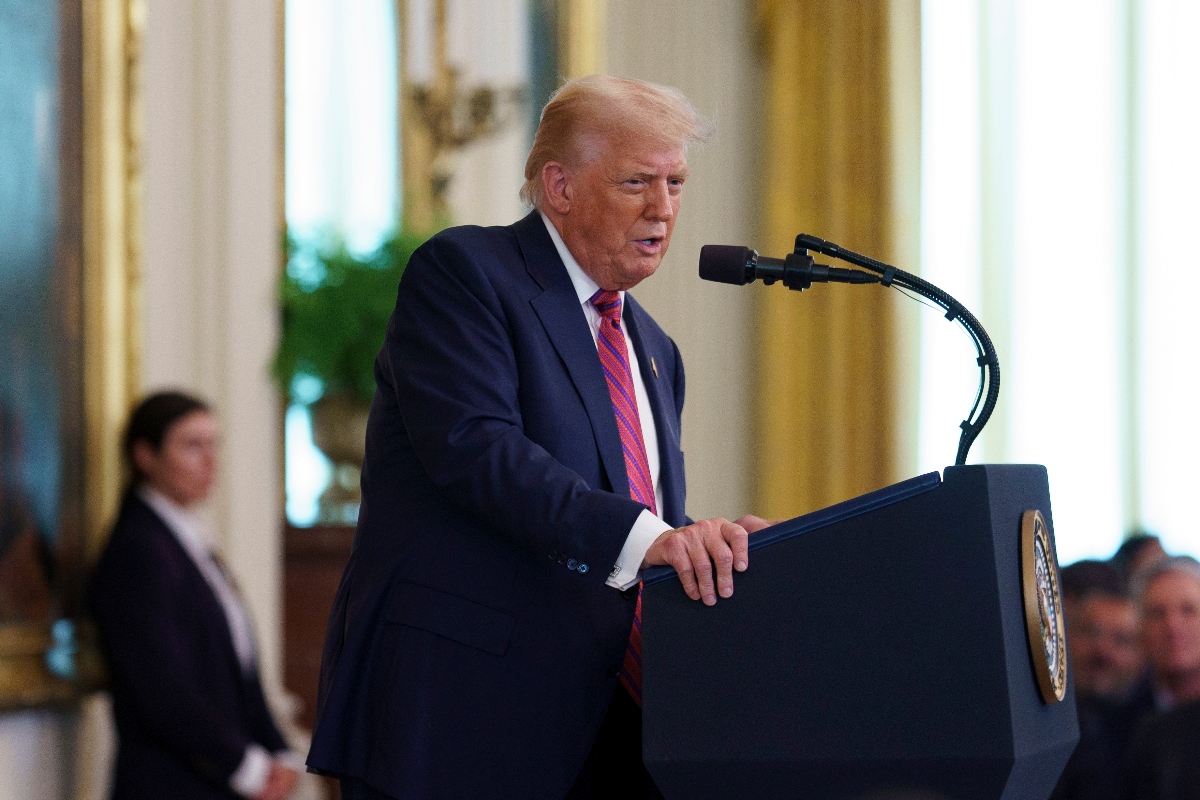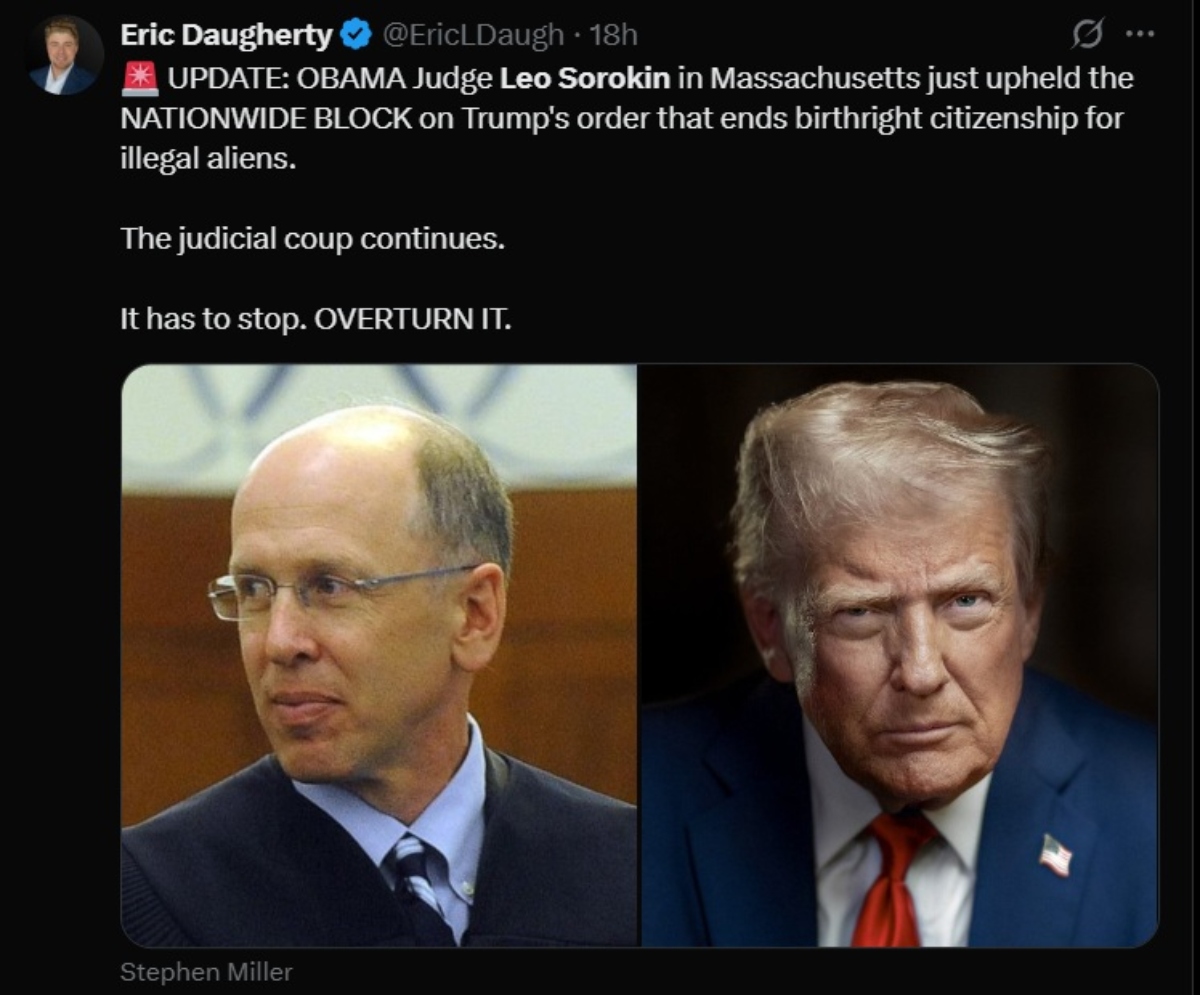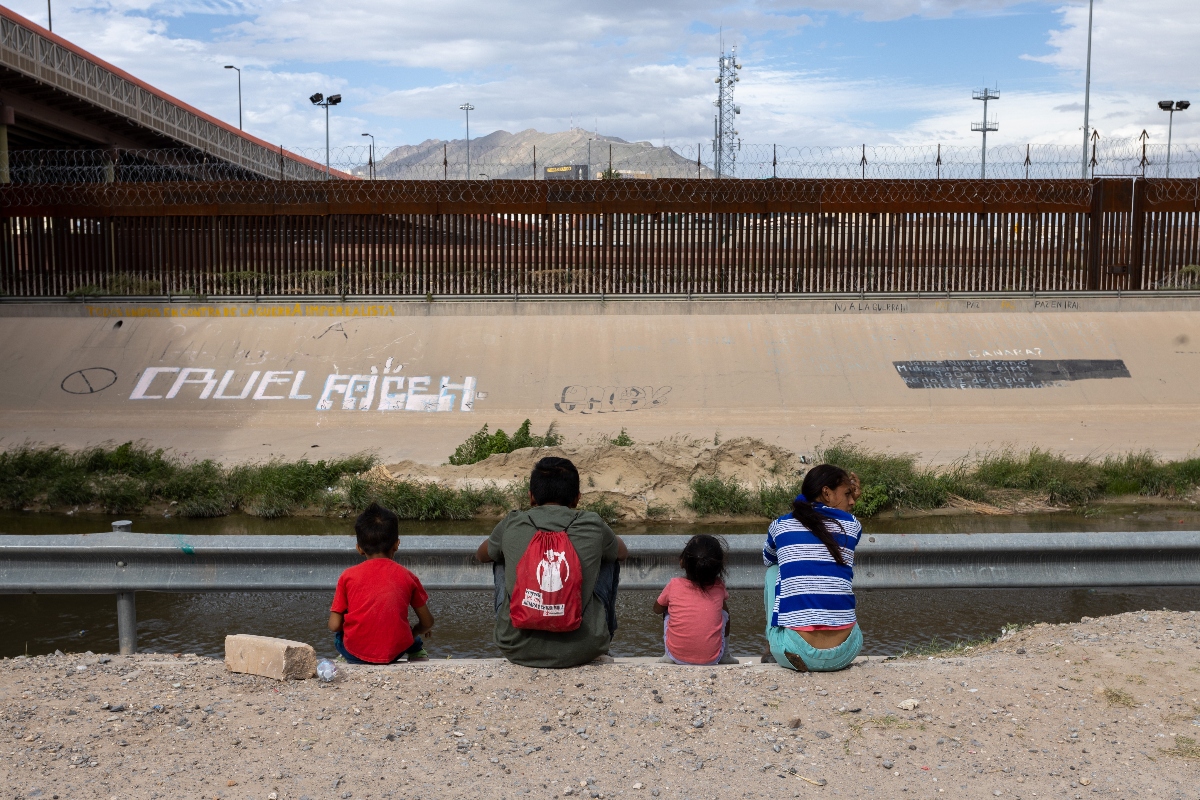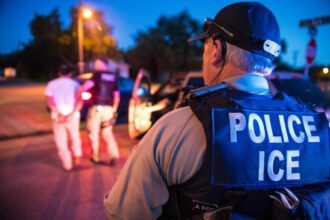In a strong decision with lasting implications for millions of Latino families, a federal court in Massachusetts reiterated in 2025 that a ruling preventing the denial of birthright citizenship to children of immigrants in the United States remains in effect.
This is despite previous attempts by the Donald Trump administration to reverse this constitutional protection.
What happened to the executive order?

The executive order signed by President Donald Trump in January 2017, and reinforced with a new executive order in 2019, sought to restrict automatic birthright citizenship for children born in the U.S. to undocumented parents or on temporary visas.
This attempt was widely criticized by jurists, civil rights advocates and states led by Democratic governors.
In response, several states – led by New Jersey – filed lawsuits claiming that the order violated the 14th Amendment to the Constitution.
It guarantees citizenship to all persons born on U.S. soil, regardless of the immigration status of their parents.
What did the judge say in 2025?

Federal Judge Leo Sorokin reaffirmed this year that his initial decision to block the order still stands.
Although a Supreme Court ruling in 2024 limited the national scope of some judicial decisions, the magistrate concluded that his decision is covered by a constitutional exception that allows for the protection of fundamental rights.
In his ruling, Sorokin concurred with an appeals court that also ruled against the executive order.
It declared “unconstitutional” any attempt to modify the principle of birthright citizenship by presidential decree.
No executive power can override the limits imposed by the Constitution
Leo Sorokin
Impact on Latino families

Had the order been implemented, millions of children of immigrant parents would have lost their U.S. citizen status, affecting their access to public health, education, and social services.
In addition, states would have faced cuts in federal reimbursements and disproportionate administrative costs.
Matthew Platkin, New Jersey Attorney General, expressed his satisfaction with the ruling:
“Protecting these children is protecting the future of the country. We are glad that justice continues to prevail.”
Current legal context
In 2025, birthright citizenship is still protected by law and multiple court rulings.
They have reiterated that the Constitution cannot be reinterpreted unilaterally by any president.
Although there are sectors that still promote constitutional reform, any change to the 14th Amendment would require a complex legislative process.
As well as a qualified majority in Congress and the states, something unlikely in the current political context.
For more information, visit QuéOnnda.com.























